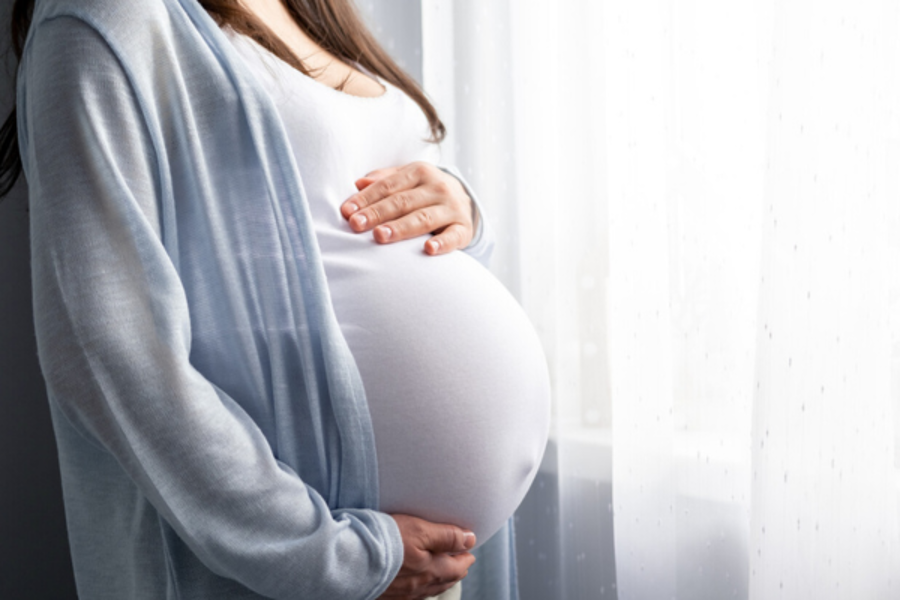Pregnancy and Development Group
The Pregnancy and Development Research Group is focused on investigating the impact of maternal asthma during pregnancy on the mother, placenta, fetus and child.
Aims
- Developing interventions for the management of asthma during pregnancy
- Deciphering the placental mechanisms that contribute to reduced fetal growth, especially in relation to asthma during pregnancy, but also as part of the Centre for Research Excellence in Stillbirth
- Using a sheep model to define mechanisms associated with maternal asthma that alter fetal lung development and test appropriate interventions to rescue fetal lung maturation at term
- Leading the development of a large-scale longitudinal pregnancy cohort study in Queensland, the Queensland Family Cohort Study, which includes mothers and fathers with asthma.
Research Outcomes
The Group's research has already significantly contributed to both clinical practice and scientific knowledge in this area, including identifying that nurse-led antenatal respiratory care can significantly improve outcomes for both mother and fetus. In the past 10 years, the Group has found that asthma control in pregnancy is influenced by asthma education, peri-conceptional diet, mental health, smoking cessation, Aboriginal and Torres Strait Islander ancestry (respectfully referred to as Indigenous women) and extremes of body mass index. Each of these factors plays an important role in influencing maternal health and the growth and survival of the fetus.
Most recently the Group has identified an urgent need to improve asthma management during pregnancy for Indigenous women due to the doubling of the risk of neonatal death in this population of women with asthma.
Researchers are also working with human placenta and sheep models of maternal asthma to investigate the mechanisms that lead to poor outcomes for the fetus including neonatal death. It was discovered that human and sheep placenta express multiple glucocorticoid receptor (GR) isoforms and androgen receptor (AR) variants that change in relation to the presence of maternal asthma during pregnancy, the sex of the fetus and birthweight. Different placental GR and AR patterns are likely to be essential for the fetus to adapt and survive the presence of maternal asthma. The data indicates that changes in placental GR and glucocorticoid regulated pathways are also linked to the risk of children developing allergies in early childhood and associated with a child’s cardiovascular development. Changes in placental AR expression confer sex specific differences in fetal adaptation to the presence of maternal asthma. The Group found when male fetuses did not alter their placental AR profile in the presence of maternal asthma, their growth was more likely to be restricted.
There are many gaps in the understanding of these mechanisms that drive worsening asthma in pregnancy and poor fetal outcomes, and they are being examed in detail in the human placenta in vitro and in vivo using a sheep model of asthma during pregnancy and by following up women during pregnancy using birth cohort study approaches.
Group Leader

Group members
Professor Vicki Clifton is supported by group members and student researchers:
Dr Danielle Borg
Dr Linda Tettamanzi
Dr Sarah Steane
Sreeparna Bhaumik
Jade Kubler
Dr Jack Lockett
Rylee Giles



